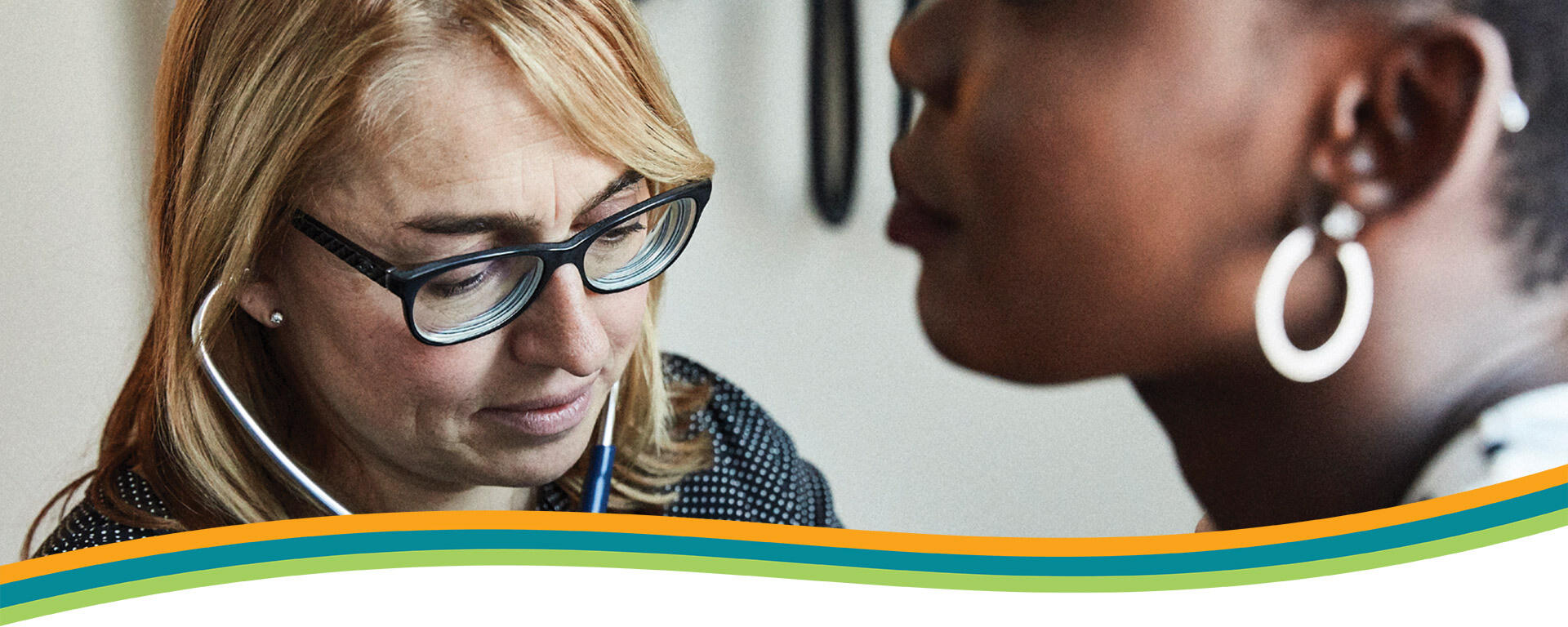
Bob Cowie completed medical training in his home town, at the University of Cape Town, in 1962. Six years of residency at the university’s Groote Schuur Hospital included three years of internal medicine training. As a young intensivist and respirologist, Cowie started the first medical subspecialty practice and private lung function lab in Cape Town. Several years later he was recruited to run the Department of Medicine at the 900-bed Ernest Oppenheimer Hospital in Welkom where he provided care for 110,000 gold miners and their families. As a general internist Cowie ran a respirology and intensive care service, an acute renal dialysis unit and the pediatric, psychiatric, dermatologic and obstetric departments! With Cowie’s assistance the hospital became a medical and surgical specialty training program for the University of the Witwatersrand in Johannesburg.
Among his tuberculosis patients Cowie faced a dilemma: the ‘standard’ treatment was 18 to 24 months of streptomycin, INH and thiacetazone. In reality, patients were only treated for the month or two that it took to process their dismissal from the mine, after which they were sent home to poor rural areas of southern Africa with little chance of receiving further treatment.
Cowie persuaded the mining company (with GREAT difficulty) and the medical staff to let him treat the miners with a short-course TB treatment with newly-developed rifampicin (rifampin). Fighting huge opposition, Cowie conducted rigorous clinical trials (the percentage who completed adequate TB treatment improved from 9.6% to 92.0% with short-course therapy) and successfully advocated for the treated miners to remain employed. The vast majority elected to return to their old mining jobs.
Cowie also studied the effects of silica containing dust on the respiratory health of the miners. Through this research he met Margot Becklake, an international expert in respiratory epidemiology who had also studied the effects of dust inhalation on miners. A former South African, Becklake and her cardiologist husband, Maurice McGregor, had been at McGill since the late 1950’s. McGregor, who had been the Dean of Medicine at McGill, was on a leave of absence in South Africa where he had been invited to serve temporarily as Dean of Medicine at the University of the Witwatersrand, his alma mater. During a visit to Welkom, Becklake suggested that Cowie take a course in epidemiology and statistics at McGill. A travel bursary made the trip possible for him in 1982. Cowie returned again in 1987 for additional courses while writing his Master’s thesis on TB relapse. He completed his doctoral thesis on silica- containing dust exposure at the University of Cape Town while he continued to work in Welkom.
At some point, Montreal contacts alerted Bill Whitelaw to this star respirologist in South Africa, and Cowie made the move to Calgary where he was an active contributing division member and leader until his retirement in 2015.


